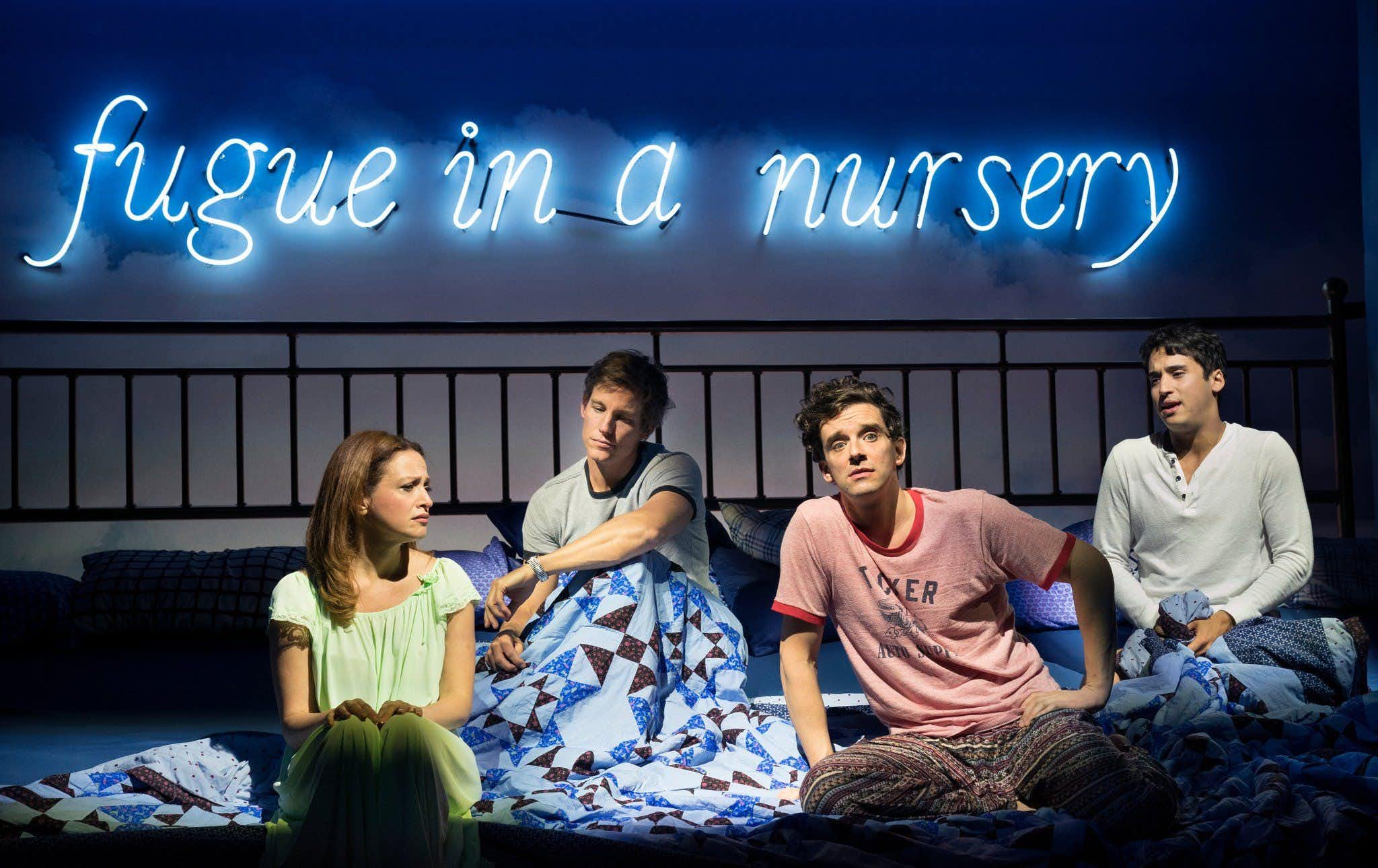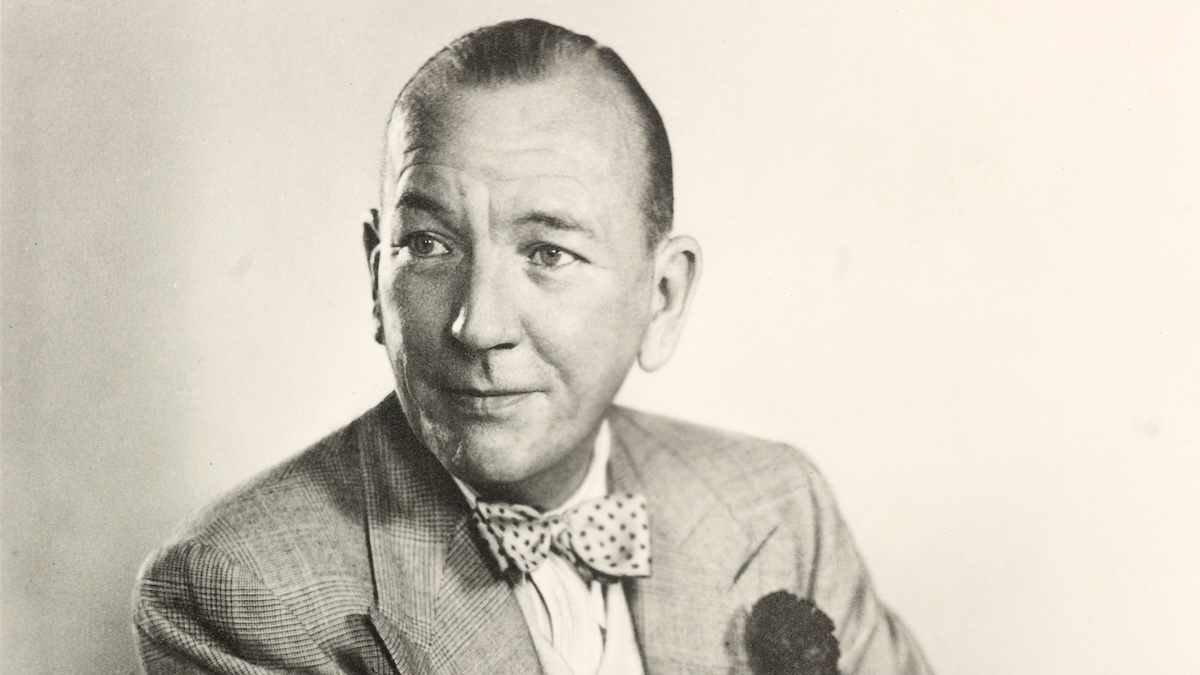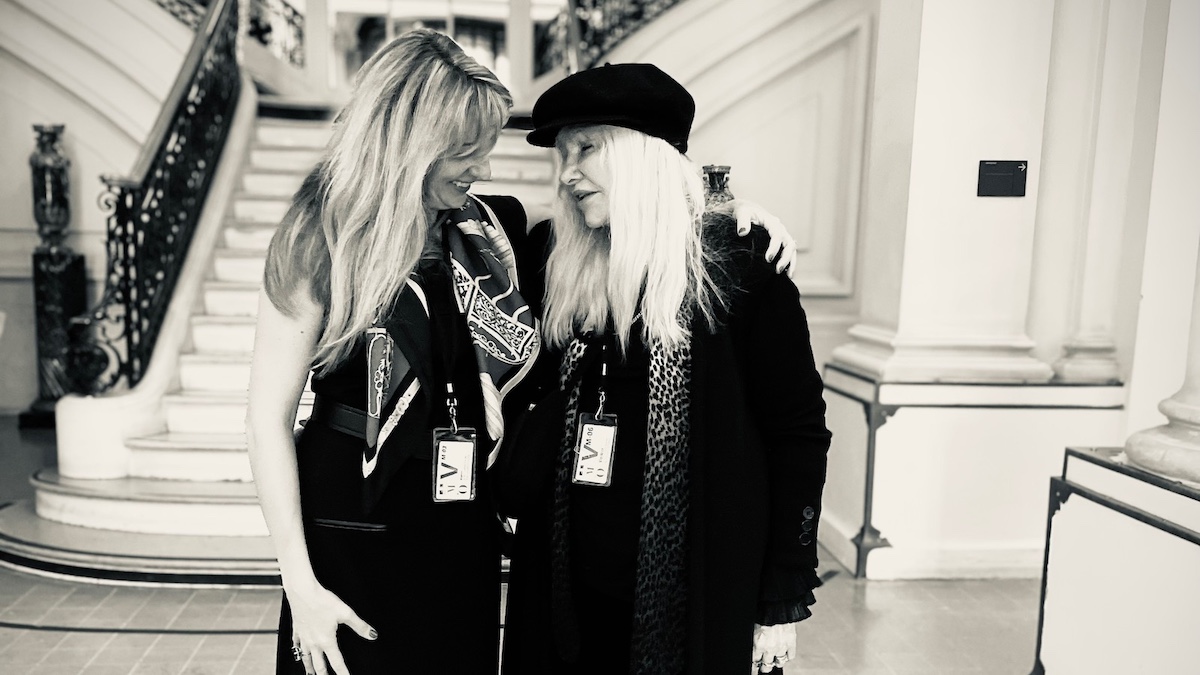
It is 1978. A one-act play about a drag artist searching for love opens in the basement of a small theater in the East Village. It runs for two weeks. Three years later, the play returns Off-Broadway with two more acts and tops 100 performances. It quickly transfers to Broadway where it wins the Tony Award for Best Play and runs for three years.
How does that happen?
Harvey Fierstein’s Torch Song Trilogy did not arrive at a watershed moment for gay rights, or capitalize on the momentum of a cultural movement. It crept in the back door of the image-conscious 1980s, reached around when nobody was looking, and grabbed Broadway by the throat. Here was a play audacious enough to present a gay protagonist who was not fated to loneliness, shame or martyrdom. Here was a play that did not flinch away from the details of homosexuality for the benefit of a heterosexual audience, but insisted upon equality in spite of those differences. A play that eschewed stereotypes and ignored the advice of those who thought it should be tailored to an Uptown audience, opting instead to tell the story inside its own furiously beating heart, in its own particular way.
That is the story of a few transformative years in the life of Arnold Beckoff, Fierstein’s lovable and maddening, flippant and sincere alter-ego and the center of his trailblazing play. He dreamed Arnold into existence and then portrayed him onstage, scooping up the 1983 Tony Awards for both those efforts— something no one had done before, and no one has done since. And he did it as only he could. In his own, raspy-voiced words, “I wasn’t playing an apologetic gay or a guilty one or a tragic one. I was playing a guy who loved his life, pain and all… I don’t know if this is exhibitionism or what, but I figure if it happens to me, it happens to most people.”
It’s precisely Arnold’s love for his life, “pain and all” that accounts for our love of his life. We watch him fall in love, we watch his heart break, we watch him reel from tragedy, and then we watch him storm back to life. Burned many times over, he is drawn again to the flame, refusing to give up his quest for the things he wants. And indeed, they are things all of us want: to be accepted, to be loved, to be understood. Who hasn’t felt betrayed by a lover? Who hasn’t experienced the tumult of sudden, unfathomable loss? Who hasn’t struggled to make their parents see them as they really are?
This is how a play about a drag artist searching for love begins in a basement in the East Village and ends up running for three years on Broadway. Like every groundbreaking work of art, there is the thrill of discovering something new and provocative, followed by the recognition of deep human truths inside that framework. This is why the original production touched so many people, and why we can revisit it today and continue to be rewarded.
For the new production at Second Stage, Fierstein has adapted his play into a two-act version titled simply Torch Song.
“What’s truly shocking about reading Torch Song now, is how Harvey predicted so much of what was to come to pass in our community,” says Moisés Kaufman, who will direct the production. “The play reads as a chronicle of our lives in the last 30 years: coming out, gay marriage, hate crimes, gay adoption—he got so much so right so early on! And all this because the character of Arnold has the ability to imagine a world different from the one he inhabits.”
For a new generation of theatregoers, there will be much to discover. But for those who remember the original, thirty years’ worth of perspective is bound to yield some fresh insights. In the playwright’s own words: “Like a gaudy East Indian purse, outrageous in color, embroidered in cliché design, the worth of these plays lies ultimately in the tiny mirrors woven into the fabric wherein we catch our reflections.”
This article is a reprint from Second Stage Subscriber Newsletter.
To purchase a copy of Torch Song Trilogy, click here, and to learn more about licensing a production, click here.

Noël Coward’s Travels

Kate Chopin in New Orleans: Mother-Daughter Author Duo Collaborate on Historical Book

